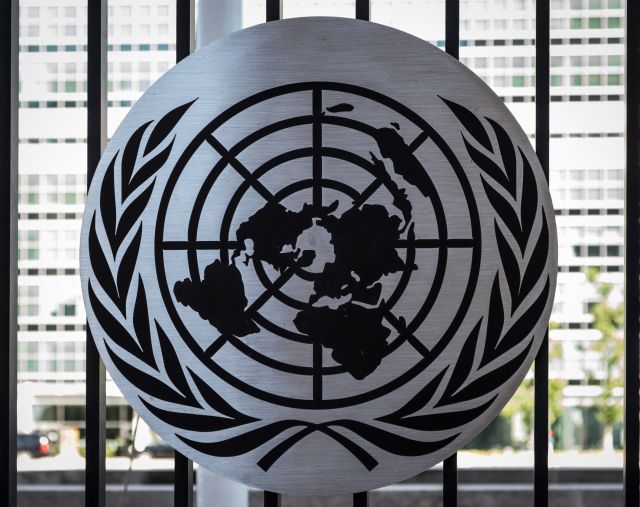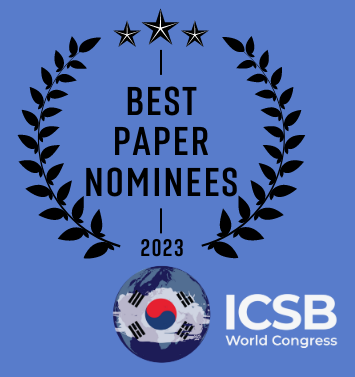
ICSBandAirtifae
May 17, 2023 | News | 1, News | 2, reflections, SME World Forum Site, The Latest, World Congress Site

ICSB and Airtifae Global Services - Promoting Global SMEs Trade
The International Council for Small Business, in conjunction with Airtifae Global Services, will host the 10×10 Program during ICSB’s 2023 World Congress in South Korea, July 9-14. This program promotes trade between small- and medium-sized businesses from the United States and other countries. To do so, ICSB, in collaboration with Airtifae Global Services, aims to explain and counsel SME companies on expanding their operations internationally by ensuring a strategic plan to understand the market, identify key partners and opportunities, and utilize capital.
Following ICSB’s vision to promote the growth and development of SMEs internationally, Airtifae Global Services has partnered with us to provide SMEs with in-depth knowledge and guidance to “go global” and how this initiative will impact the local economy.
This program will detail the following themes:
- Best Practices in International Trade
Overview of the importance of FDI and Export, how to take your business to the next level by expanding internationally, and case studies on successful local business expansions.
- Identifying Local Partners to Enter the Market
Understanding the role that Chambers of Commerce, additional stakeholders, and local business networks play in an ecosystem to utilize their member businesses to identify the right partner to enter the market through investment, partnership, or joint venture. Also, exploring contract procurement through federal and local government to expand presence.
- Business Financing
Understanding what funds are available from federal and local government partners to maintain your presence and expand operations.
- International Readiness Training
How to build an international business and export plan and why it’s essential to conduct market research to understand what market is best suited for your operations and become educated on how to successfully expand your operations to the target market.
The mission of Airtifae Global Services is to work with countries, states, economic development offices, and chambers of commerce to create a market-focused strategy for their international business initiatives to diversify and enhance the local economy and further support their businesses to expand internationally. This includes the development of an FDI and export strategy, international market research, trade missions, the development of strategic partnerships and alliances, and international readiness training courses.






